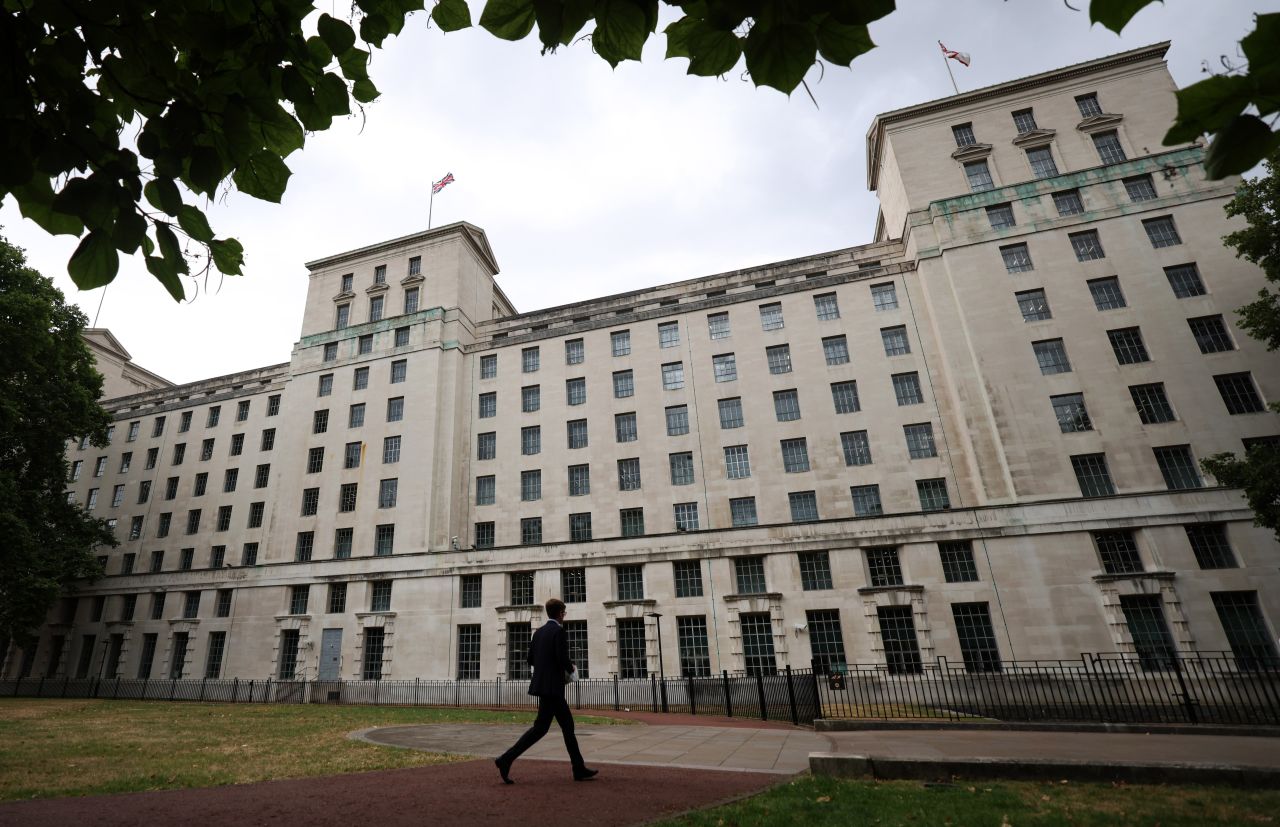A significant error by a U.K. defense official prompted the government to covertly relocate thousands of Afghans, a move shrouded in secrecy. The incident, which occurred in 2023, involved a data blunder that raised serious security concerns, leading to urgent action by the British authorities to protect those affected.
The U.K. government took extraordinary steps to conceal the details of this error. In a rare move, it secured a court injunction to prevent any reporting on the situation, underscoring the sensitivity of the issue and its implications for both national security and humanitarian obligations.
Details of the Relocation
The data mistake originated from the Ministry of Defence, which inadvertently exposed the identities and locations of vulnerable Afghan individuals who had assisted British forces during the conflict in Afghanistan. These individuals included interpreters and support staff who faced grave dangers due to their affiliations with the U.K. military.
As a result of this blunder, officials estimated that over 3,000 Afghans were at risk, necessitating their immediate relocation to ensure their safety. The operation involved a complex logistical effort that was carried out under the radar to avoid drawing public attention and further jeopardizing the individuals involved.
The injunction served as a critical tool for the government, effectively silencing any potential media coverage that could have exacerbated the situation. This decision reflects the U.K. government’s broader approach to managing sensitive security issues, especially those related to national defense and foreign policy.
Implications for Afghan Refugees
The ramifications of this incident extend beyond the immediate operational concerns. The U.K. has faced increasing scrutiny regarding its commitment to Afghan refugees, particularly following the 2021 withdrawal of Western forces from Afghanistan. Critics argue that the government’s handling of this data error raises serious questions about its effectiveness in safeguarding the lives of those who supported British missions overseas.
Organizations advocating for Afghan refugees have expressed alarm over how such a blunder could occur, highlighting the need for improved systems to protect vulnerable populations. The incident has ignited discussions around the U.K.’s responsibilities towards its allies in Afghanistan and the importance of transparency in government operations.
Despite the challenges presented by this error, the U.K. government remains committed to addressing the needs of Afghan refugees. As relocation efforts continue, officials are tasked with ensuring that similar mistakes do not happen in the future, reinforcing the importance of robust data management protocols.
The case serves as a reminder of the complexities involved in international military engagements and the ongoing repercussions for those who risk their lives in support of foreign forces. As the U.K. navigates these challenges, the focus will be on restoring trust among affected communities and ensuring their safety in an increasingly uncertain environment.








































































